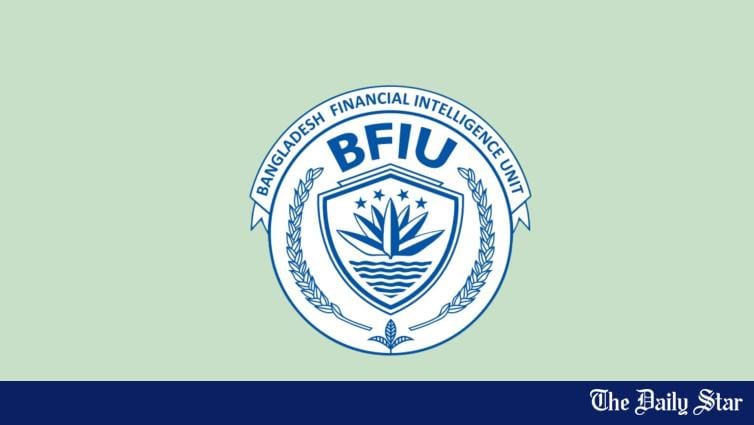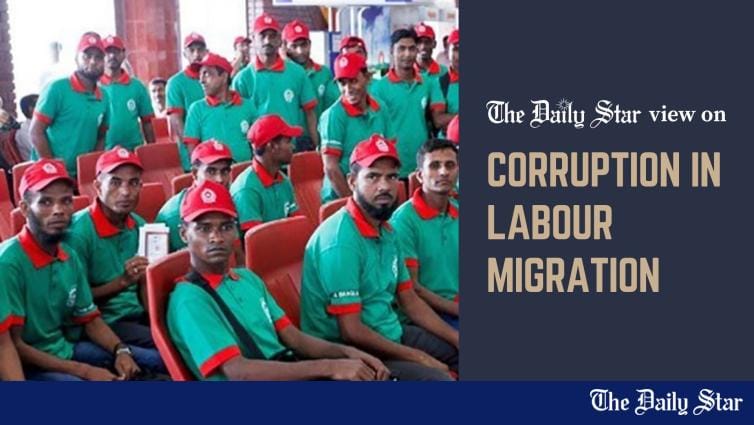No progress in extradition of PK Halder from India
Solamain Salman 05 January, 2025, 00:10
ACC makes little headway in 51 cases involving Tk 3,500cr money laundering charges
The government has so far failed to bring former NRB Global Bank managing director Proshanta Kumar Halder, also known as PK Halder, who is facing money laundering charges, back to the country from India.
Besides, the Anti-Corruption Commission has made little headway in the trials on and investigations into 51 cases it filed against PK Halder and his aides on charges of laundering Tk 3,500 crore from four non-bank financial institutions in Bangladesh.
PK Halder along with his five associates was arrested on May 14, 2022 from Ashoknagar in West Bengal of India by the Enforcement Directorate, an investigative agency of the Indian finance ministry, on charges of money laundering.
Halder walked out of jail after a special court in Kolkata granted him bail on December 25, 2024, after two and a half years since his arrest in the money laundering case.
After his arrest in India in 2022, the ACC had formed a team comprising its deputy directors, Md Salauddin and Gulshan Anwar Prodhan, to take measures for the extradition of Halder.
At that time, the government and ACC senior officials had said that Halder would be brought back quickly, but there is no progress even after two and a half years.
Bangladesh signed an extradition agreement with India in October 2013, and there is an opportunity for prisoner exchange between the two countries under the deal.
Transparency International Bangladesh executive director Iftekharuzzaman told New Age that the relations between Bangladesh and India were better when PK Halder was arrested in India.
‘If the ACC had taken appropriate measures then, there was a chance of bringing him back following rules and the prisoner transfer agreement signed by the two countries, but the then government and ACC could not do so at that time.’
‘But now bringing him back under the prisoner exchange agreement is complicated as the trial against him is ongoing there and there are tensions in India’s relations with Bangladesh now.’
Mentioning that PK Halder’s money laundering incident was one of the much-discussed incidents in the financial sector of Bangladesh, he said after Halder’s arrest, the government and ACC officials had said about his quick extradition, but there was lack of genuine intensions on their part.
‘However, I think that if the ACC investigates this matter now and officially starts the process of bringing him back, it will be successful, but it will not happen in a short period of time.’
ACC director general (prevention) Md Aktar Hossain told New Age, ‘We have tried our level best to bring PK Halder back to the country, but we are yet to succeed in this regard.’
‘Our efforts are going on for his extradition as he is a wanted accused in a number of cases filed by the ACC,’ he added.
Several ACC officials said that the commission had written letters to various agencies, including foreign affairs and home ministries, regarding the extradition of Halder, but there was no progress till now.
They said that Halder was facing a case filed by Indian authorities, and the trial on that case was ongoing.
Officials of the police headquarters said that on January 4, 2021, the National Central Bureau of the Bangladesh police headquarters sent a letter to Interpol to issue an arrest warrant against PK Halder.
On January 8, 2021, the police headquarters confirmed the issuance of a red notice by Interpol against Halder.
Police are maintaining regular communications with Interpol and trying to bring him back to the country, but there has not been significant progress yet, said police officials.
The ACC filed 52 cases against PK Halder and his aides on charges of embezzling and laundering more than Tk 3,500 crore.
ACC public prosecutor Mir Ahmed Ali Salam told New Age, ‘The verdict in one of the cases against PK Halder and his aides was delivered in the absence of Halder.’
The ACC has submitted charge sheets in five other cases, but the rest are still under investigation, he said.
In October 2023, the Dhaka Special Judge’s Court-10 sentenced PK Halder to 22 years in imprisonment in the case filed over laundering Tk 80 crore to Canada and amassing about Tk 426 crore illegally.
The punishment of Halder will be effective from the day of his extradition from India, said the court in its verdict in the case.
Thirteen others were also sentenced to seven years in prison in the case. The 13 other convicts are Sukumar Mridha, a lawyer of PK Halder, Sukumar’s daughter Anindita Mridha, Halder’s associate Abantika Baral and cousin Shankha Bepari, Halder’s mother Lilabati Halder and brother Pritish Kumar Halder, and his associates Purnima Rani Halder, Amitav Adhikari, Rajib Som, Subrata Das, Ananga Mohon Roy, Uttam Kumar Mistri and Swapan Kumar Mistri.
ACC officials said that the trial on five cases was pending with the Special Judges’ Court in Dhaka against Halder and his aides.
However, the ACC’s investigations into the rest 46 cases are still going on without any visible progress.
According to ACC law, an officer gets a maximum of 270 days to complete an investigation, but the cases against PK Halder and others have remained pending for the completion of the probe for two to three years.
Due to a delay in the completion of the probe, the accused are coming out of jail on bail in the cases, officials said.
Court officials said that PK Halder’s four associates, including Sukumar Mridha, his daughter Anindita Mridha, and Abantika Baral, got bail recently in the case in which they were convicted for seven years in imprisonment.
ACC lawyer Mir Ahmed Ali Salam said that they got bail from the High Court on condition of filing an appeal against the conviction.
There are allegations that between 2009 and 2019, PK Halder and his associates swindled about Tk 10,000 crore from International Leasing and Financial Services, People’s Leasing and Financial Services, FAS Finance and Investment Limited and Bangladesh Industrial Finance Company through loan forgery.
Halder and his aides came under the ACC scanner during the commission’s drives against illegal casinos in Dhaka in 2019.
On October 22, 2019, the ACC issued a travel ban on PK Halder, but he managed to flee the country on October 23 in that year through the Benapole land port before reaching the travel ban notice to the immigration office.
The ACC reportedly sent the travel ban notice to the immigration office 13 hours after deciding to issue the notice that drew huge criticism.
Later, the High Court during a hearing also blamed the ACC for its failure to arrest Halder before he managed to flee the country.














































